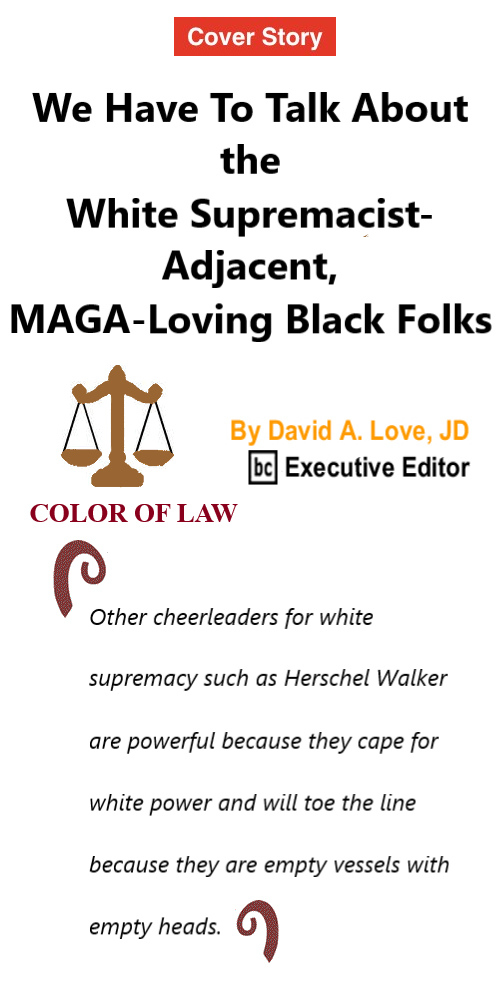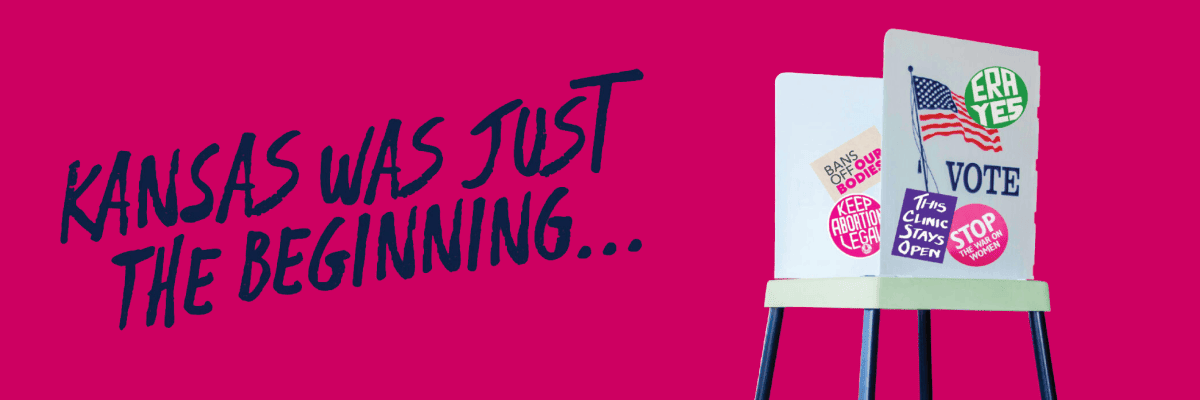US Senator Tom Cotton has a new book out, ONLY THE STRONG. And its main purpose appears to be to make clear that THE GUARDIAN is garbage. US citizen Lloyd Green writes their bad review -- as only a hypocrite who served in Poppy Bush's administration could.
Tom Cotton is a hypocrite. That doesn't surprise me. Throughout his book, he apparently calls out various Democrats for things actions and words he ignores when they come from Republicans. This leads Green to note, "He avoids substantive criticism of the Iraq war. Bush should be faulted for failing to 'dedicate enough troops during the early days', Cotton writes, without elaboration."
That is garbage but Lloyd overlooks when it comes out of the mouth of Joe Biden or Hillary Clinton or any other name Democrats who have elected to offer that as their defense for supporting the Iraq War. That brilliant genius Bully Boy bush tricked them, misled them, lied to them, fooled them.
I don't like Tom Cotton, should he run for president, I have no plan to ever vote for him. But if I'm going to criticize him for being a hypocrite (and I don't doubt that he is), I'm not going to leave myself open to the same charge in what I choose to be indignant about.
Meanwhile at The Atlantic Council -- a pro-war council -- retired US Army Colonel C Anthony Faff writes about Iraq's new government:
From the US perspective, the October 13 selection of Abdul Latif Rashid as president and Mohammed al-Sudani as prime minister may not bode well for the formation of an inclusive government or the strengthening of US-Iraq ties. The fact that the Shia Coordination Framework, which includes parties with strong affiliations to Iran, was able to exploit the government formation process to overturn the results of a popular election held in 2021 will undermine the Iraqi public’s already fragile faith in the political system. Moreover, the framework’s close affiliation with Iran-backed militias suggests a return to 2018-2019, when militias intensified malign activities, such as asset stripping, violent suppression of protests, extortion, and attacks on US forces. These conditions culminated in widespread protests in October 2019, where these same Iran-backed militias, as well as government forces, used violence to bring them under control.
It also does not help that Muqtada al-Sadr, who played an instrumental role in providing an alternative to the Iran-backed parties, has rejected participation in the new government. His ability to agitate and mobilize protests suggests that Iraq is headed for more instability and violence unless the new government finds a way to accommodate the Sadrist agenda. Even worse, the United States does not appear well-positioned to do much about it. Neither Iraq’s Iran-backed political parties, their militias, nor the Sadrists have much interest in anything but superficial ties with the United States. Given that they will be the dominant voices in Iraq for the foreseeable future, the United States could find itself with little room to engage.
So, on the surface, it would seem that US options are limited. However, by adopting an opportunistic approach that engages a range of Iraq’s stakeholders, the United States can create space for more constructive engagement. This approach avoids simply imposing costs—such as sanctions or limiting security cooperation and arms sales—and, instead, emphasizes creating more attractive alternatives that are better in line with US and Iraqi interests.
Of course, the United States may conclude that Iran’s apparent dominance, coupled with the Iraqi government’s inability to make meaningful reforms, suggests that there is little to be gained by increased engagement. However, despite the current government’s setback to Iraqi democracy, all hope may not yet be lost. Sudani resigned from the Dawa party in 2020 after protests were underway to reportedly advance his political career because he believed voters were more interested in independent candidates. This suggests that he may be open to incorporating more of a nationalist reform agenda in future policy.
Moreover, despite dominance by Iran-backed parties, the framework also includes more moderate factions, such as Ammar al-Hakim’s National Wisdom Movement and former prime minister Haider al-Abadi’s Victory Alliance, who are united primarily, if not only, by their opposition to Sadr, and little else. Even if these more moderate elements do not get adequate representation in the new government, it is also likely that Kurdish parties will hold key cabinet positions, with the Foreign Ministry reportedly going to the Kurdistan Democratic Party (KDP) and the Justice Ministry to the Patriotic Union of Kurdistan (PUK). These last points suggest that the United States could benefit by engaging a wide range of Iraq’s subgroups to not just find, but create a way ahead.
I don't know. I feel a mistake's being made in most of the analysis -- ''most of the analysis" means the western press coverage as a whole. Michael Rubin -- someone I'm diametrically opposed to (he's a neocon) -- wrote a piece this week where he talked about an overemphasis being made regarding the ties to Iran.
I think he's right on that. As we've long noted here, Iran is a neighbor of Iraq. They will get along and they will squabble. Pretty much everyone in Iraq -- including the Talabanis -- have ties to Iran.
It may very well turnout that all of the focus during the last 12 months -- panic? -- in the media over the ties to Iran that the Coordination Framework have was warranted. But the line they've been selling has been highly selective as it sought to imply that this or that other person did not have ties to Iran.
I don't like Michael but I would link to the piece if I could find it. I can't, so here's a link to a piece he wrote a few days ago focusing on the Kurdistan. On the Kurdistan, AFN reports:
The Turkish state continues its attacks against the guerrilla-held Medya Defense Zones in southern Kurdistan (northern Iraq) where its army has been conducting an invasion operation since mid-April. The Turkish military has since remained unable to break the resistance of guerrilla forces who are mostly acting in mobile groups in the scope of the “new-era guerrilla warfare” in response to the increasingly ongoing airstrikes and attacks with chemical and banned weapons.
According to Rojnews agency, 561 intellectuals from Kurdistan and abroad condemned the Turkish state’s invasion attacks, calling for a clear stand and action against the use of chemical weapons and banned bombs.
“As intellectuals, writers, activists, journalists, artists, politicians, scientists and environmental activists, we strongly condemn the occupation, attacks, killings, and the use of banned and chemical weapons, said the joint statement released on Saturday.
Pointing to the Turkish state’s vicious war against the pro-freedom population and revolutionaries, the statement continued, “The Turkish state, on the one hand, uses chemical and banned weapons, while it, on the other hand, arrests journalists, civil and political activists in North Kurdistan. In Rojava, it carries out UCAV (unmanned combat aerial vehicle) attacks against civilians, and in South Kurdistan, it slays freedom fighters thanks to the collaboration of traitors. 80 freedom fighters have been martyred as a result of Turkish use of chemical weapons.”
The statement cited Turkey’s genocidal aggression on the Kurdish people and the nature of Kurdistan as proof of the Turkish state fascism and invasion, and an attempt to change the demography of Kurdistan.
In the face of the war crimes and inhumane crimes committed against the Kurdish people and freedom guerrillas, the UN, human rights advocates, international bodies against the use of banned weapons, parliamentarians, Europe and world countries remain silent, said the statement which continued, “The governments of Iraq and Kurdistan Region have failed to take a stand against these attacks. The KDP aids the Turkish state’s war against our people and revolutionaries. The KDP does not only prevent gas masks from reaching the guerrillas but also blocks journalists and international bodies that want to investigate the alleged use of chemical weapons on the ground.”
It would be great if 2022 could be the year when the world could find its collective voice to condemn the attacks that the Turkish government has been carrying out in Iraq.
The following sites updated:









